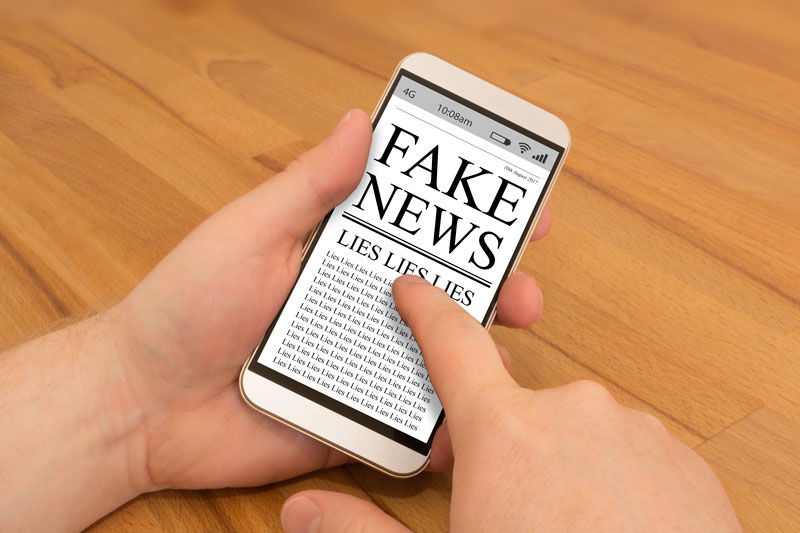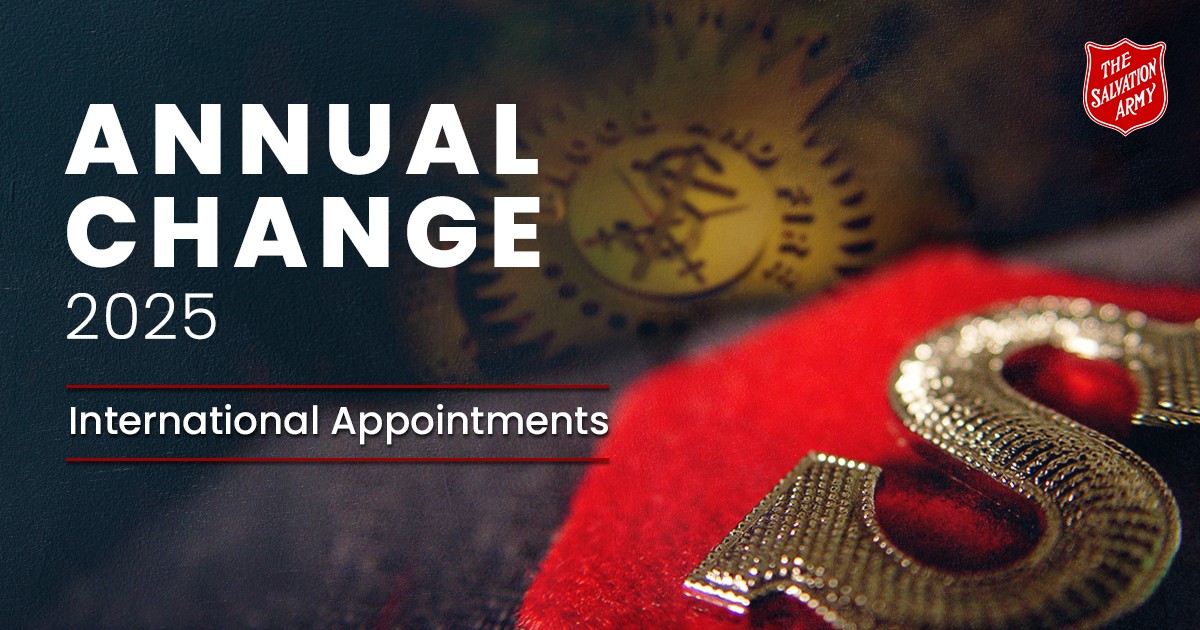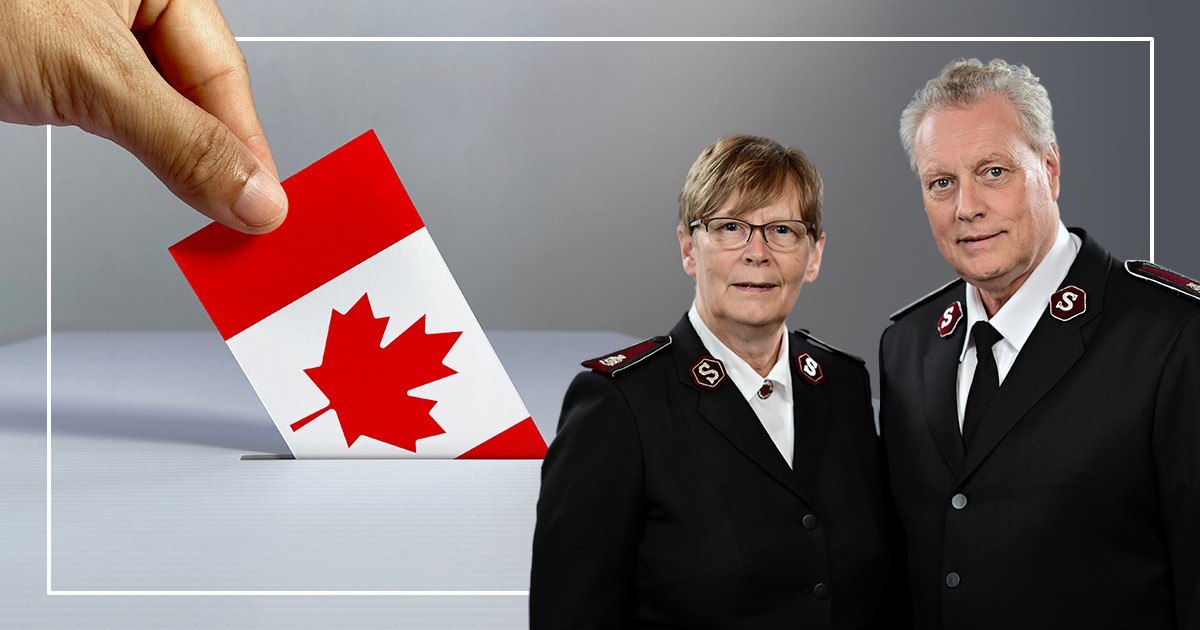What is truth? It’s a question that has dominated philosophy for centuries. Now, in an era of “fake news,” it’s perhaps an even more important question for us to consider. If, as the American journalist Alan Barth suggested in the 1940s, journalism is the “first rough draft of history,” isn’t it essential that we diligently sift out the real from the ubiquitous fake?
“Fake news” is a new concept for many people. It rose to prominence during the recent U.S. presidential election and the tumultuous initial days of Donald Trump’s presidency. Questionable stories about hackers, bugging, personal and professional indiscretions and political propaganda designed to sway the election proliferated. Although much of “fake news” is driven by social media and its inherent “clickbait,” it has never before had such an impact on our perception of daily news.
Even the United Nations weighed in on how the prevalence of “fake news,” propaganda and media demonization has the potential to adversely affect “freedom of expression.” David Kaye, a UN special investigator, said: “ ‘Fake news’ has emerged as a global topic of concern and there is a risk that efforts to counter it could lead to censorship, the suppression of critical thinking and other approaches contrary to human rights law.”
Truth at an international or local level is important to us. We have come to trust “the news” and journalists (our interface with news) to present the “truth” for our daily contemplation and digestion. Most people are careful in their choice of official news sources and services, but social media continually distracts us with noisy “news,” and we can’t help but be a consumer of it.
Good journalism with its inherent ethics and engaging storytelling is the key to great news. Journalists have the responsibility to uncover the “facts” and report without an inherent bias or personal agenda. The question, though, is can the mass media just report and reflect “reality” without some degree of filtration, shaping or—heaven forbid—“spin”? People (like journalists and editors) and news outlets, with their embedded agendas, often get in the way. That’s by no mean “fake news,” but it does ultimately influence truth.
According to science, truth is an absolute, espoused by theory, proven by physical evidence, repeatable by experiment. In religion, truth is paramount as it promotes a solid and established system of beliefs, driven by rules of adherence and guidance of human behaviour. Jesus said that he and his teachings are “the way, the truth and the life.”
For the post-modernist, truth is a fluid, relative, moveable feast based on individual perception, feelings, perspective or culture. In a world where this belief system abounds, “fake news” is a convenient tool to confuse and undermine the “system.” If there are no absolutes then how can we possibly measure truth?
Many audiences now struggle to distinguish between legitimate news with real facts and exaggerated untruths, which are at best mischievous entertainment and at worst insidious manipulation. At a time when people seem to be increasingly sensitive to the effects of the world’s machinations and supposedly outraged or offended the moment a Facebook post or tweet appears, “fake news” thrives. Someone reads, hears or sees something and they immediately share it via social media without serious consideration or fact checking. Outrage is addictive and hungry and “fake news” feeds it.
How then do we defend ourselves against “fake news” and promote real truth in news?
Jesus said that we will “know the truth, and the truth will set you free” (John 8:32). We need to test our news sources and look beyond the enticing “clickbait.” We need to financially support and promote good journalism that is diverse, unencumbered by public relations and promotes truth above all things.
We need to further develop the enquiring minds of our children to practise critical thinking, to recognize the trivial and to dismiss disinformation. We need to emphasize the importance of truth and restore its sanctity in our lives.
Dr. Bruce Redman is the former national editor-in-chief of The Salvation Army in Australia.
Feature photo: © Thomas Faull/iStock.com










Leave a Comment